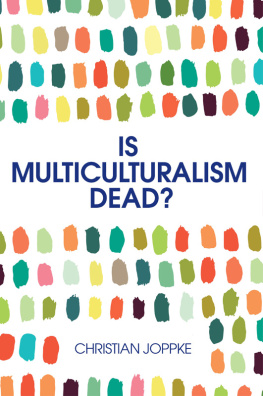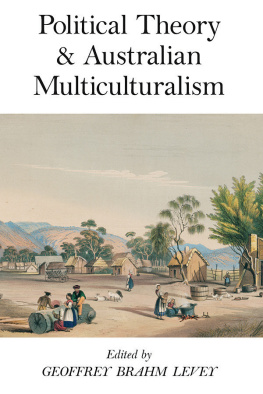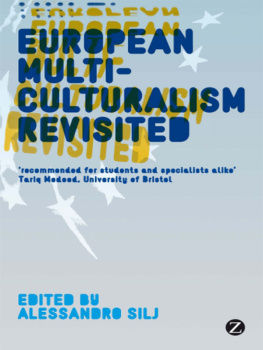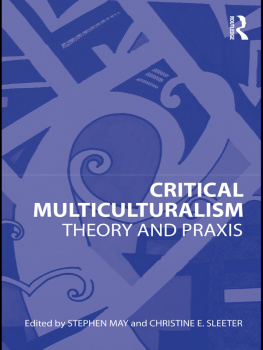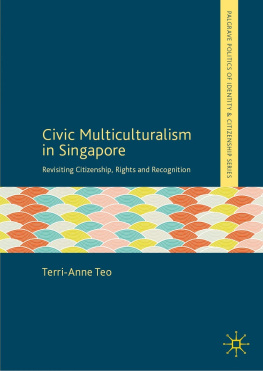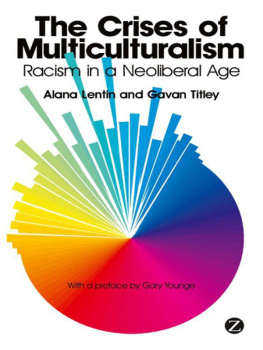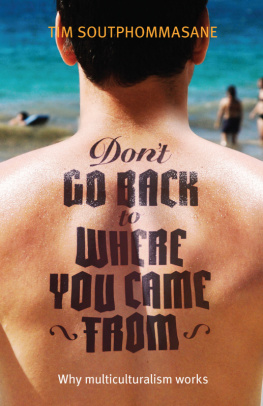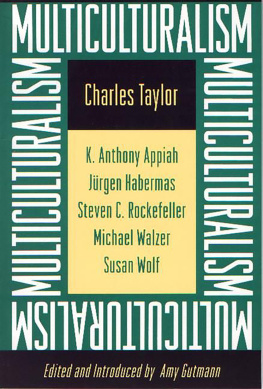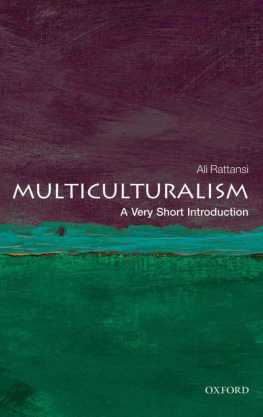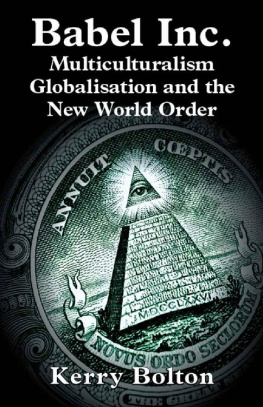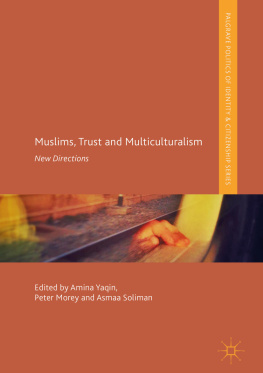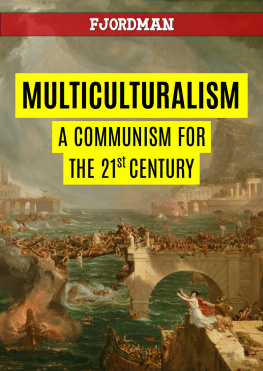
Series page
- Other Polity books by Christian Joppke:
- Veil: Mirror of Identity (2009)
- Citizenship and Immigration (2010)
- The Secular State Under Siege: Religion and Politics in Europe and America (2015)
Copyright page
Copyright Christian Joppke 2017
The right of Christian Joppke to be identified as Author of this Work has been asserted in accordance with the UK Copyright, Designs and Patents Act 1988.
First published in 2017 by Polity Press
Polity Press
65 Bridge Street
Cambridge CB2 1UR, UK
Polity Press
350 Main Street
Malden, MA 02148, USA
All rights reserved. Except for the quotation of short passages for the purpose of criticism and review, no part of this publication may be reproduced, stored in a retrieval system or transmitted, in any form or by any means, electronic, mechanical, photocopying, recording or otherwise, without the prior permission of the publisher.
ISBN-13: 978-0-7456-9211-1
ISBN-13: 978-0-7456-9212-8 (pb)
Library of Congress Cataloging-in-Publication Data
Names: Joppke, Christian, author.
Title: Is multiculturalism dead? : crisis and persistence in the constitutional state / Christian Joppke.
Description: Malden, MA : Polity Press, 2016. | Includes bibliographical references and index.
Identifiers: LCCN 2016015421 | ISBN 9780745692111 (hardback : alk. paper) | ISBN 9780745692128 (pbk. : alk. paper) | ISBN 9780745692159 (Epub) | ISBN 9780745692142 (Mobi)
Subjects: LCSH: Multiculturalism. | State, The.
Classification: LCC HM1271 .J657 2016 | DDC 305.8dc23 LC record available at https://lccn.loc.gov/2016015421
A catalogue record for this book is available from the British Library.
Typeset in 10 on 12 pt Sabon
by Toppan Best-set Premedia Limited
Printed and bound in the UK by CPI Group (UK) Ltd, Croydon CRO 4YY
The publisher has used its best endeavours to ensure that the URLs for external websites referred to in this book are correct and active at the time of going to press. However, the publisher has no responsibility for the websites and can make no guarantee that a site will remain live or that the content is or will remain appropriate.
Every effort has been made to trace all copyright holders, but if any have been inadvertently overlooked the publisher will be pleased to include any necessary credits in any subsequent reprint or edition.
For further information on Polity, visit our website:
politybooks.com
Preface
I have frequently thought and occasionally written about multiculturalism, mostly on the critical side. In 2012, on two occasions, in Berlin and Seoul, I shared the podium with Will Kymlicka, arguably the most important writer on the topic. It was obvious that I was supposed to be against. That was no easy task, because a greater admirer of his imposingly clear prose and safe liberal instincts is difficult to find. However, as I enjoy a good contest, there was no problem. After the Seoul encounter, I approached him with the idea of writing a short and punchy debate book together. I even had a picture of us, done by a photographer in Seoul, perfect for the book jacket, I thought my moment of megalomania. Kymlicka did not say no; he merely postponed. It amounted to the same. He left me with a note to consider the strong national grounding of multiculturalism in Canada, and the complete absence thereof in Europe, as a starter to the conversation that didn't happen. In the end, I went ahead without him. Despite the change of plan, this book is still a critical but appreciative dialogue with his liberal multiculturalism, which remains the benchmark work in the field.
The value added, I hope, is to locate liberal multiculturalism more completely in the established institutions of liberal democracies, especially liberal constitutionalism, than previous works have done. Previous, empirically minded accounts of liberal multiculturalism, by Will Kymlicka himself (2007a), but also by Anne Phillips (2007), have mainly grounded multiculturalism in the liberal value of equality. So did, most recently, Alan Patten, in his immediately acclaimed Equal Recognition (2014). A philosophically correct restatement of Kymlickas Multicultural Citizenship (1995), its one difference is to tie liberal multiculturalism to the idea of neutrality, which is otherwise shunned by multiculturalists, and which he understands as the liberal states mandate to recognize all cultures equally, without privileging a Favoritvolk. Patten thus abandons Kymlickas tandem of liberal multiculturalism and liberal nationalism. This move, however, may make this theory less practicable in the real world, because how could the democratic state, even one that is also pristinely liberal, not favor majority society?
In contrast to these equality-centered accounts, I propose a thinner, mainly liberty-focused account that is even further removed from conventional calls for culture or identity preservation and public recognition. The centerpiece in this respect is a provocative comparison of gays and Muslims, which demonstrates liberal law's inherent capacity to accommodate diversity. Many will doubt that the multiculturalism of the individual advocated in these pages is multiculturalism at all, because any groupist element is purged from it. But I would still insist on calling it thus to fend off a contemporary tendency of liberalism to be hostile to difference and to thicken into a substantive ethic or fighting creed, as Charles Taylor (1994) put it memorably. This risk is apparent in Europe's Islam struggles and the current security and antiterrorism mania, which is more dangerous to liberalism than any external attack on it.
This is the last of four small books on big topics written for Polity over the past eight years. I thank its editors, Emma Longstaff (who in the meantime has left the press) and Jonathan Skerrett, for soliciting them and for being persistent. Now that it's done, I step into the void.
Bern, May 2016
What is Dead and What is Alive
Long before the age of religious terror, multiculturalism had been declared dead. In the 1990s, too many Asians was the battle-cry against Australian multiculturalism (see Joppke 2005: 8090). It did not amount to much, and a kind of nationalist multiculturalism, which Australia shares with Canada, persisted. The more recent death-notices are Western European, like those pronounced in rapid succession by the political leaders of Germany, Britain, and France, in late 2010 and early 2011. There was immediately a lively debate about whether this was merely symbolic or indicative of a real change of law and policy. The answer depends on one's definition of multiculturalism. This is notoriously difficult. If even countries that never had an explicit multiculturalism policy as Canada or Australia know it announce the death of multiculturalism, what exactly is being declared dead? Certainly not gay marriage and the liberalization of homosexuality, which are marching on at the very moment that a retreat of multiculturalism has been diagnosed for Europe. And, of course, there is no questioning of the self-government rights of indigenous people, like the First Nations (in Canadian parlance), or of national minorities, like Scots, Basques, Catalans, and so on, which long predate the age of multiculturalism. This suggests that it is not cultural pluralism in general that is put in question, but mostly the ethnic or religious variant that stems from international migration. Here a closer look reveals that not any migration, but particularly Muslim migration, is central to the crisis of European multiculturalism each of the three mentioned death-notices by German Chancellor Merkel, British Prime Minister Cameron, and French President Sarkozy, was a commentary on specific difficulties, perceived or real, surrounding Muslim and Islamic integration in their respective societies. But, to repeat the above question, what is it that is being declared dead if it cannot be a law or policy that never was?
Next page
